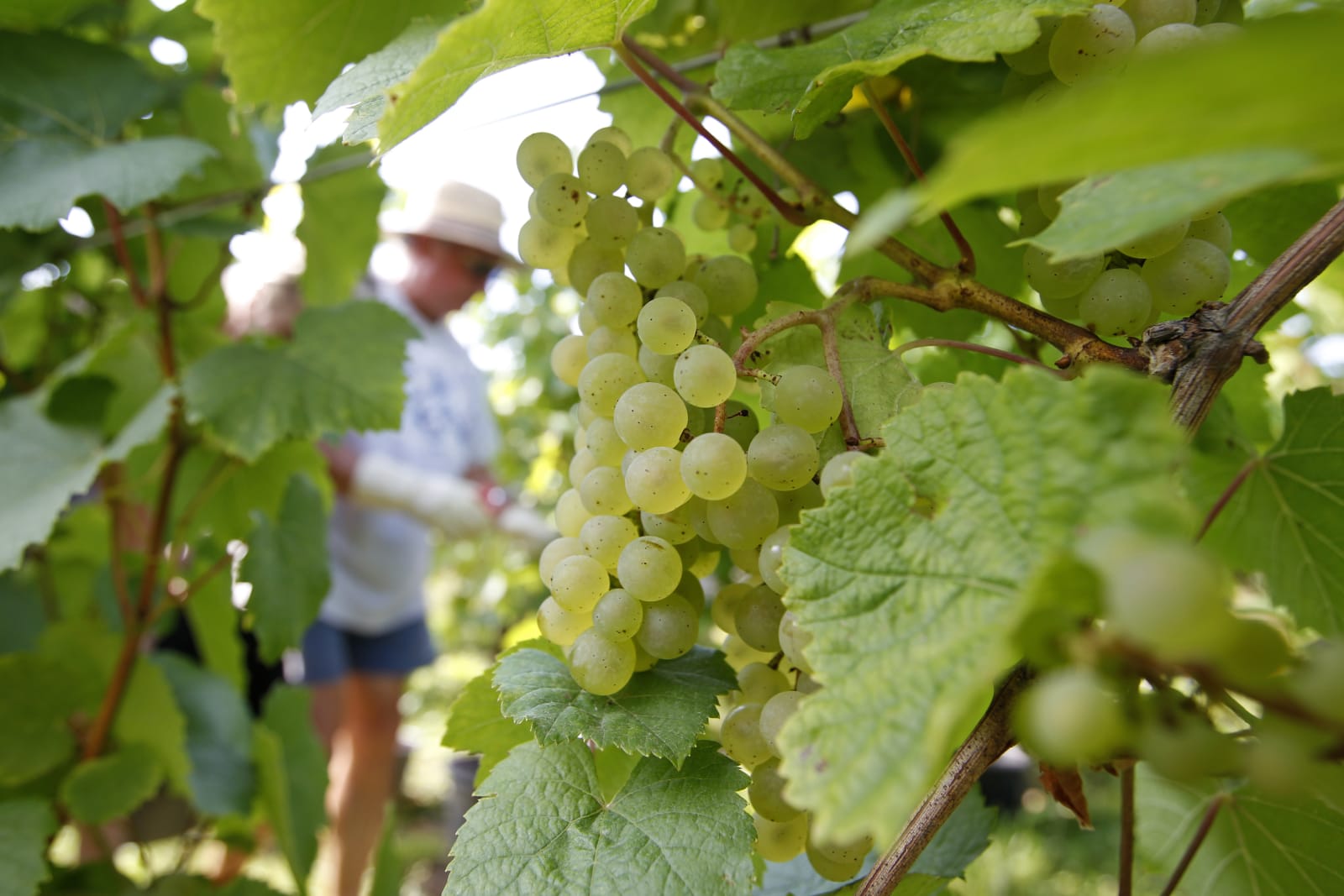
French wineries have to use a lot of pesticide to keep their grapes healthy, and that’s both expensive and costly — a problem when some countries don’t have those problems. The country might just have a solution, though. Researchers at France’s Institute of Agronomical Research (INRA) recently received permission to grow four grape varieties that are genetically resistant to mildew rot, eliminating much of the need for pesticides. Where a winery typically needs to spray pesticides about 15 times a year, the INRA varieties may only need one or two.
The grapes weren’t genetically modified. Rather, the researchers identified rot-resistant genes in other grapes (including those from Asia and the US) and cross-bred them to promote the improved traits. They also made sure to get rid of variants that were overly acidic or produced unwanted scents.
You probably won’t be rushing to order a crate of this toughened-up wine when it’s bottled by 2020. At the moment, the quality of test batches is… mediocre. Hybridization may have reduced pesticide use, but it also took the edges off the taste. It may take years for the grapes to evolve into something more flavorful. Don’t be shocked if you see more of this going forward, however. Reducing pesticide use could both lower the cost of producing wines and reduce the use of harmful chemicals. It might be worth passing on some less-than-ideal vintages if winemaking becomes that much more accessible and eco-friendly.
Source: The Telegraph




